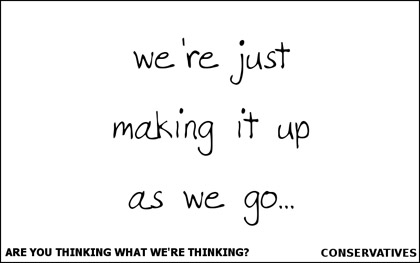From Paul Krugman’s column in the New York Times…
In 2002, the latest year for which comparable data are available, the United States spent $5,267 on health care for each man, woman and child in the population. Of this, $2,364, or 45 percent, was government spending, mainly on Medicare and Medicaid. Canada spent $2,931 per person, of which $2,048 came from the government. France spent $2,736 per person, of which $2,080 was government spending. Amazing, isn’t it? U.S. health care is so expensive that our government spends more on health care than the governments of other advanced countries, even though the private sector pays a far higher share of the bills than anywhere else.
So the US spends more on health care. Is the population therefore healthier? Er, no.
Most Americans probably don’t know that we have substantially lower life-expectancy and higher infant-mortality figures than other advanced countries.
So why is the supposedly efficient private system so expensive? Answer: it’s hideously bureaucratic.
Above all, a large part of America’s health care spending goes into paperwork. A 2003 study in The New England Journal of Medicine estimated that administrative costs took 31 cents out of every dollar the United States spent on health care, compared with only 17 cents in Canada.
But hang on… isn’t it the state systems that are supposed to be hideously bureaucratic?
